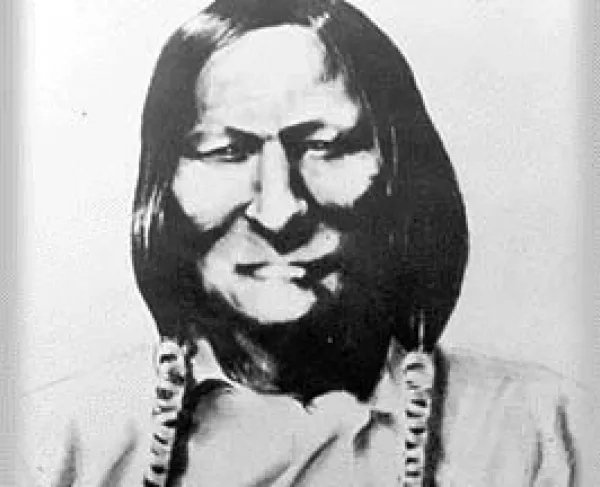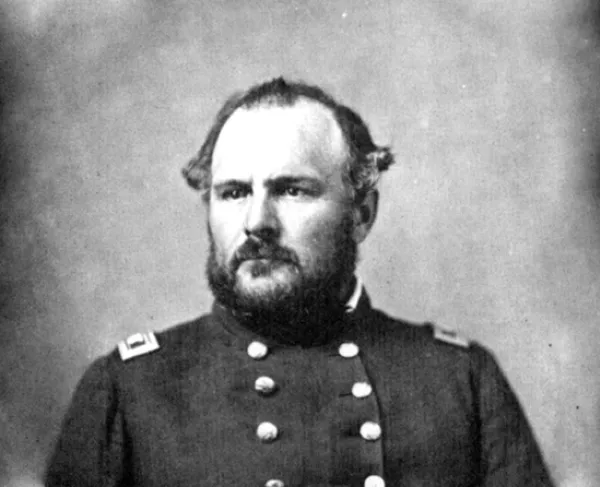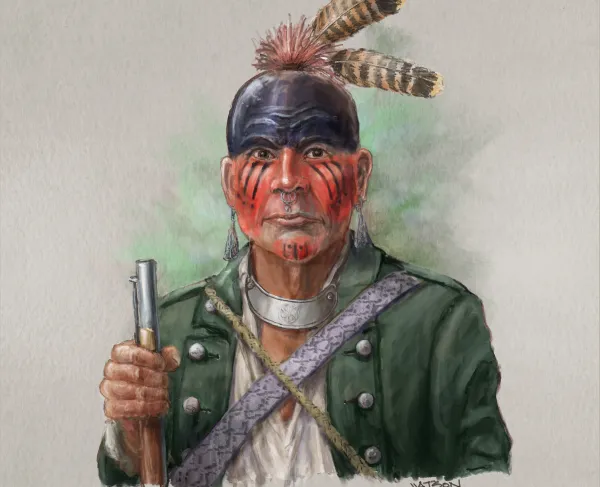Black Kettle

Black Kettle was a Cheyenne Indian leader during the mid-1800’s. Not many specifics of his life are known prior to 1854, when he began to attend tribal council gatherings. He was probably born around 1800 in the Black Hills, populated by the Northern Cheyenne, and he later married into the Watupi tribe of Southern Cheyenne.
As the Great Plains and western territories became more heavily populated with white settlers, especially after the Pike’s Peak Gold Rush of 1859, tensions rose between the U. S. Government and western tribes over resources such as water and game. The government established reservations where tribes could live and be protected, and Black Kettle, who was a pragmatist and peacemaker and understood the power of the U. S. Army, helped negotiate some of those treaties.
As tensions rose in 1864 leading to the Colorado War, Black Kettle entered negotiations with the Colorado territorial government, and led many of his people onto government posts there with the promise of their protection. After their betrayal at the Sand Creek Massacre near Fort Lyon in November, 1864 which killed 163 Cheyenne and Arapaho, Black Kettle continued to believe resistance was futile and counseled pacifism. He negotiated the Treaty of Little Arkansas River in 1865 that led the Cheyenne into the Indian Territory of Oklahoma. Black Kettle’s tribal influence declined as younger, more hardline leaders fought with white settlers. In response to the attacks, the U. S. Army ordered cavalry into western Oklahoma, and Black Kettle was killed with over 100 other Cheyenne at Washita Creek in November, 1868.
Related Battles
76
163





